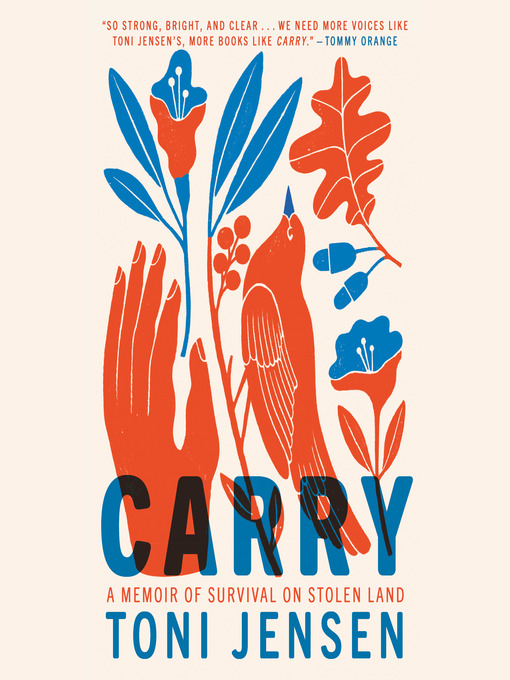

As a Métis woman, she is no stranger to the violence enacted on the bodies of indigenous women, on indigenous land, and the ways it is hidden, ignored, forgotten. And she has always known that in this she is not alone.

As an adult, she’s had guns waved in her face near Standing Rock, and felt their silent threat on the concealed-carry campus where she teaches. Toni Jensen grew up around guns: As a girl, she learned to shoot birds in rural Iowa with her father, a card-carrying member of the NRA. Here’s the official blurb (via NetGalley):Ī powerful, poetic memoir about what it means to exist as an indigenous woman in America, told in snapshots of the author’s encounters with gun violence. Many of her stories are grounded in the places she has lived, and she pays careful attention to the history of the land and the dwellings she calls home. She varies between first-, second-, and third-person perspectives as seamlessly as she does between essays that are story-like versus those that are more straightforward accounts, finding a fitting structure for each section. She focuses on stories rather than statistics, recounting, for example, personal experiences with gun violence as well as narratives of major mass shootings like the Pulse nightclub shooting. Her descriptions of lovely images and scenes – of the land, of wildlife, of her relationship with her sister when they were young – are juxtaposed with her stark essays on mass shootings and the trafficking of Indigenous women near fracking operations. Jensen recounts her childhood in Iowa and her nomadic existence as a college professor and writer.

Undoubtedly one of the best books I will read this year, Carry is at once full of beauty and devastation. Carry is a book worth your time and attention. Rather, she asks you to consider the impact on those who must carry legacies of violence. These are heavy topics, but Jensen’s prose does not bury you under their weight. She returns again and again to gun violence, but also addresses sexual violence, addiction, abuse, racism, misogyny, police brutality, and the historical and cultural trauma imposed on Indigenous people. Toni Jensen recounts her experiences growing up as a Métis woman, mixing personal stories with essays on broader issues in American culture. Carry: A Memoir of Survival on Stolen Land by Toni JensenĬarry is a lyrical memoir, composed in a series of vignettes that move fluidly across time and place.


 0 kommentar(er)
0 kommentar(er)
